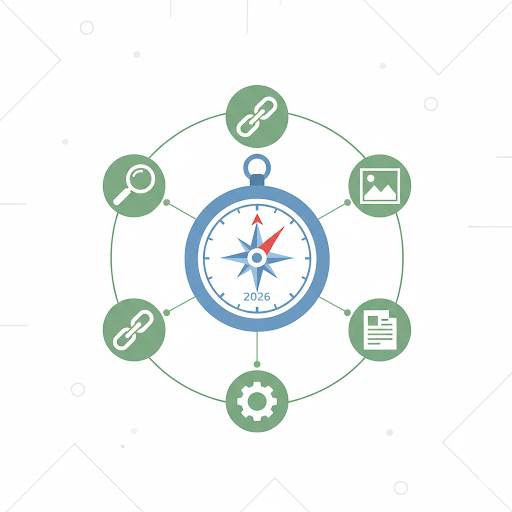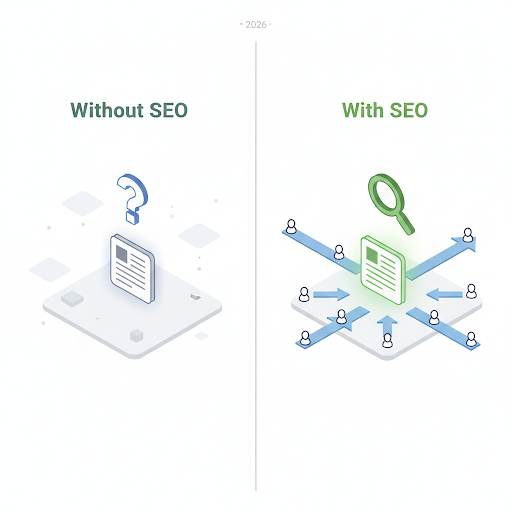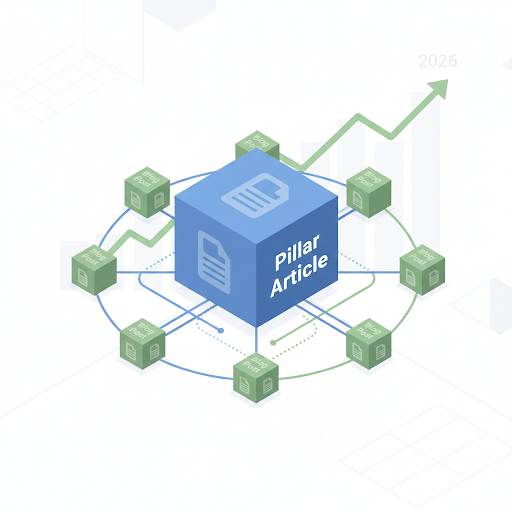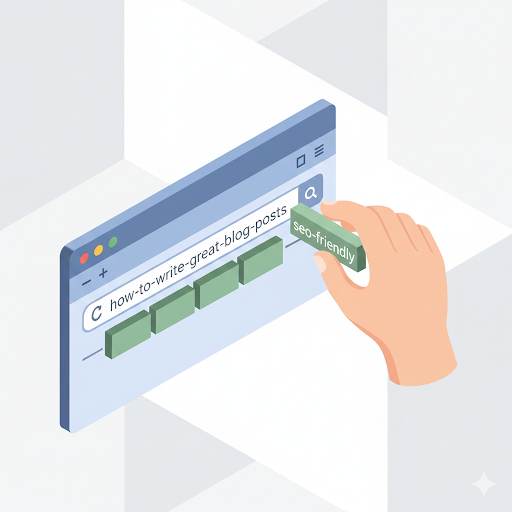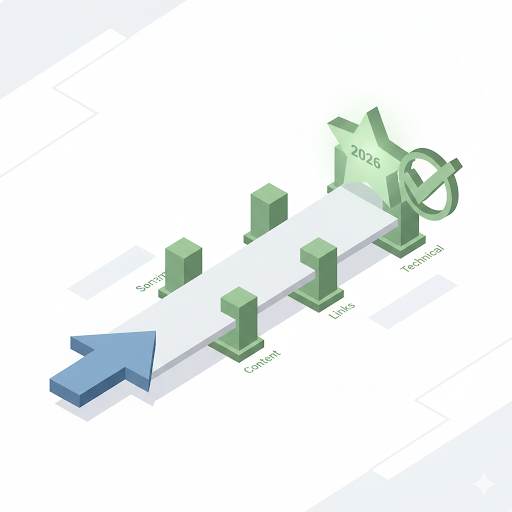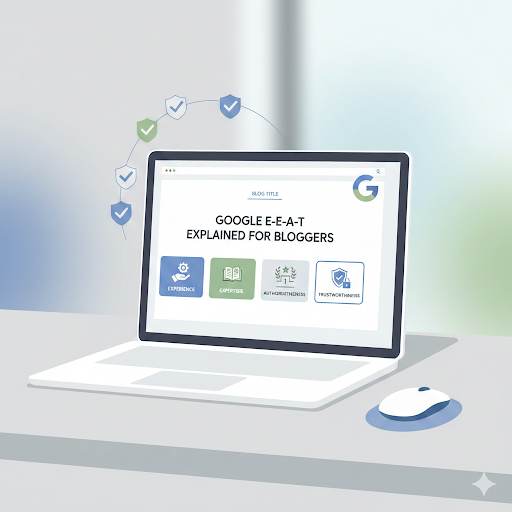SEO Settings for Blogger in 2026: Simple Setup That Gets You Seen
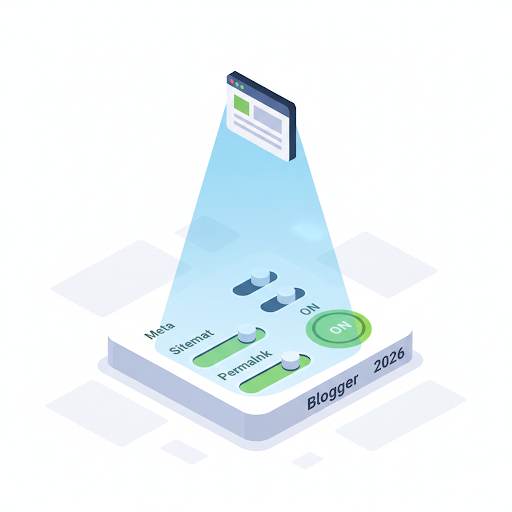
- No traffic.
- No clicks.
- No growth.
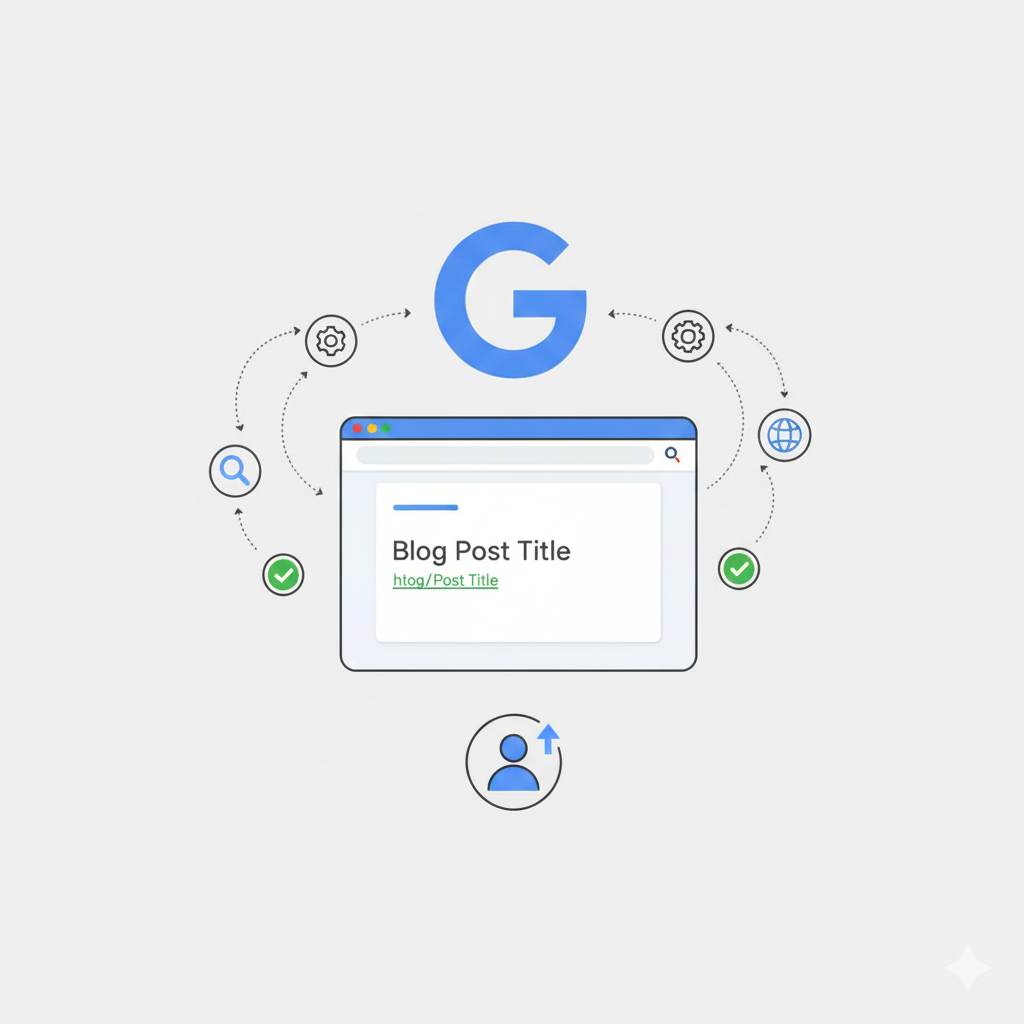
What Does “SEO Settings” Even Mean?
Why Should You Care?
Because without SEO:
- Your blog won’t show up on Google.
- You’ll miss out on readers who are already searching for your content.
- All your hard work could go unnoticed.
With the right SEO settings:
- Your blog becomes more visible.
- You attract the right audience (without paying for ads).
- You grow faster — and with less effort.
How to Access SEO Settings for Blogger

1. Go to your Blogger dashboard.
2. Click Settings.
3. Scroll to the “Meta tags” and “Crawlers and indexing” sections.
That’s where the magic happens.
Set These SEO Options (Step-by-Step)
✅ Enable Search Description
What it does: Lets you write a short summary of your blog.
Why it matters: This shows up in Google results under your blog name.
How to set it:
Go to Settings → Meta Tags → Turn on “Enable search description.”
Then write a short sentence (150 characters or less) that tells people what your blog is about.
✅ Turn on Custom Robots.txt
What it does: Tells search engines what to crawl (or skip).
Why it matters: Helps Google understand your blog structure.
How to set it:
(Use the default code Blogger gives, or paste a clean one if you know what you’re doing.)
✅ Turn on Custom Robots Header Tags
What it does: Controls how each page is indexed.
Why it matters: Keeps unnecessary pages from showing up in search.
How to set it:
Settings → Crawlers and indexing → Enable custom robots header tags
- Homepage: all, noodp
- Archive and search pages: noindex
- Posts and pages: all
Don’t Forget These Blog Post Settings (Per Post)
✅ Write a Search Description
✅ Use a Custom Permalink
Common SEO Mistakes Beginners Make
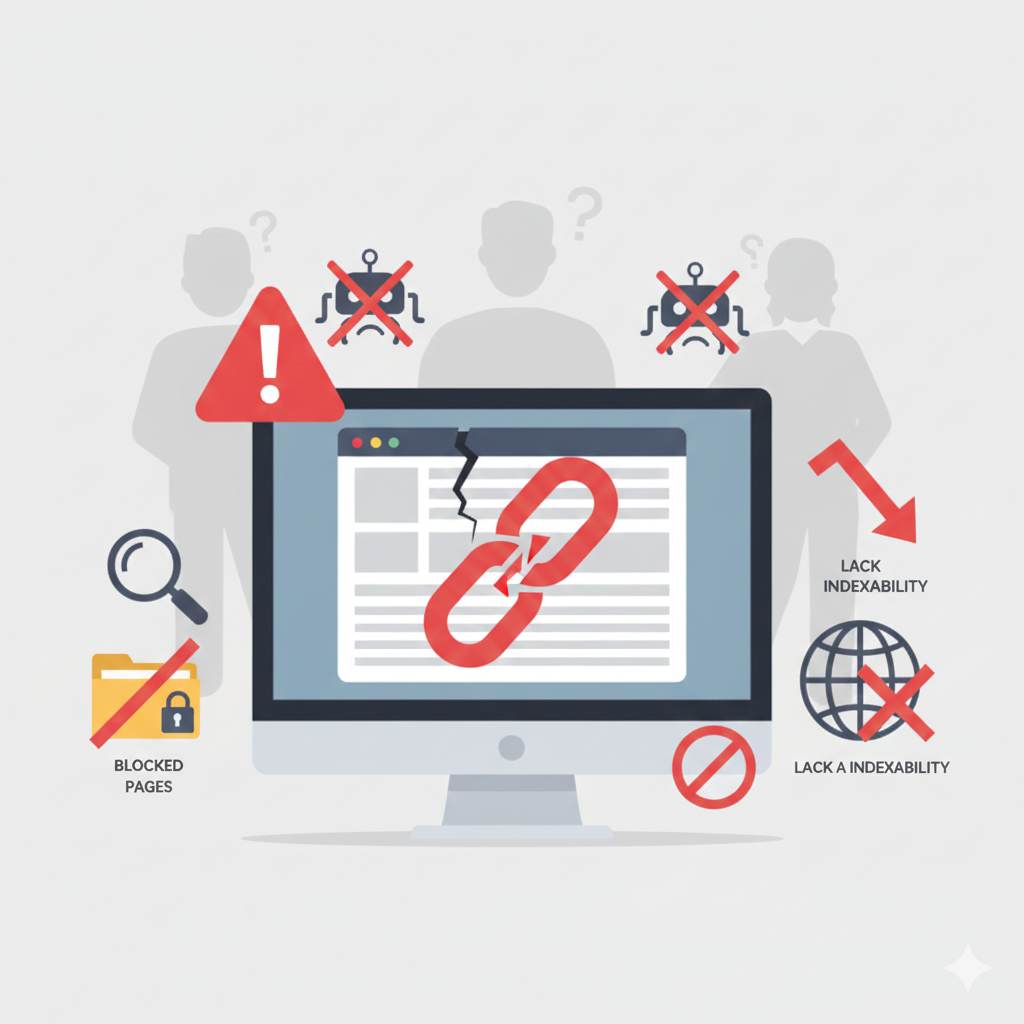
- 🚫 Leaving default settings unchanged
- 🚫 Forgetting to write search descriptions
- 🚫 Using long, messy URLs
- 🚫 Blocking search engines by mistake
- 🚫 Ignoring post-specific SEO settings
Avoid these, and you’re already ahead of most beginners.
Helpful Tools (Free & Simple)
- Google Search Console – Tells you how your blog is performing on Google.
- Ubersuggest – Helps you find good keywords.
- Grammarly – Makes your writing clearer (readers and Google both love that).
- Google Keyword Planner – Great for discovering what people are searching for.
Final Tip: Focus on Helping, Not Hacking
Ready to get found?
Log into your Blogger settings now, and make these changes.
